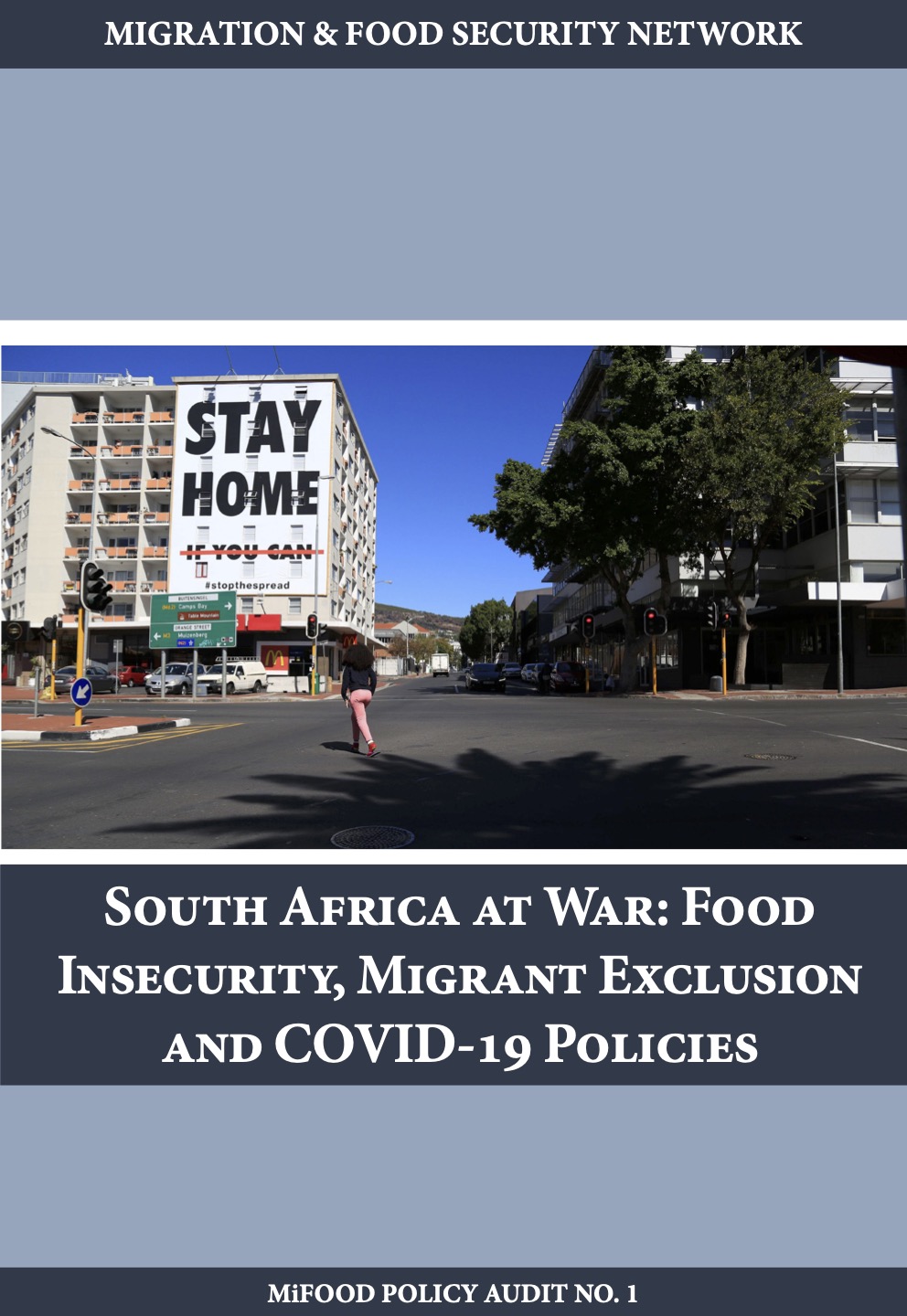The policy audit critically examines the South African government’s response to the COVID-19 pandemic, particularly focusing on the militaristic enforcement of lockdowns and the resulting food insecurity and exclusion of migrant populations. The report aims to inform policy-makers about the impacts of these policies and provide recommendations for crisis management.
On 27 March 2020, South Africa imposed a nationwide lockdown to combat the spread of COVID-19. This lockdown, enforced by the police and the military, was characterized by stringent measures including curfews, bans on inter-provincial travel, and the closure of non-essential businesses. These measures, while necessary to control the pandemic, had significant socioeconomic repercussions, especially for the country’s large migrant population.
The report argues that the COVID-19 pandemic exposed significant weaknesses in South Africa’s crisis management policies, particularly concerning the treatment of migrants and workers in the informal sector. The government’s militaristic and centralized response, while effective in some respects, exacerbated the vulnerabilities of marginalized populations. By adopting more inclusive, decentralized and human-rights-based approaches, South Africa can better protect all its residents in future crises.

